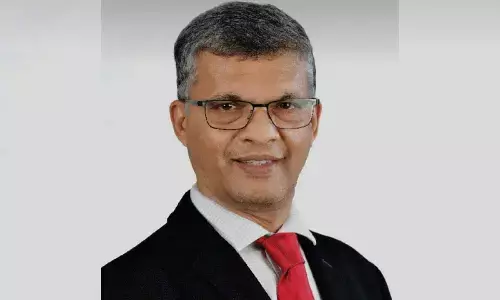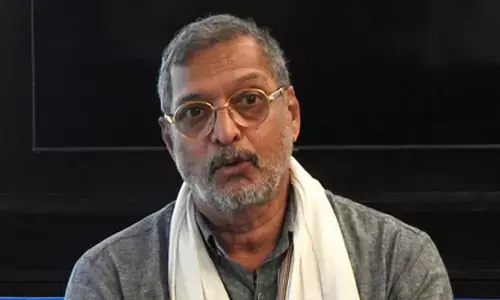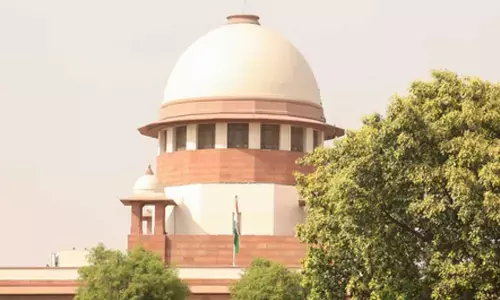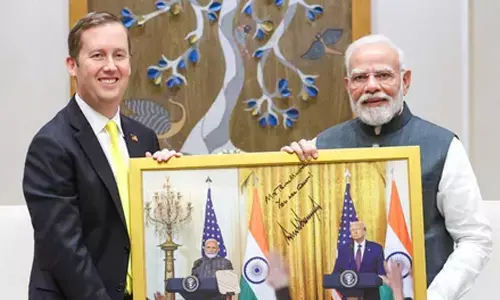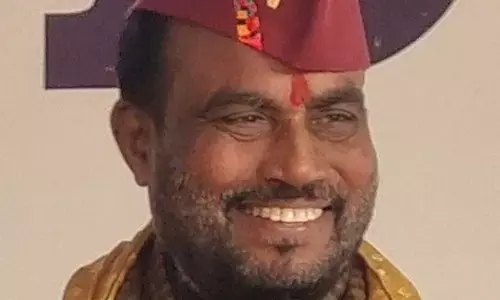India faces new threat
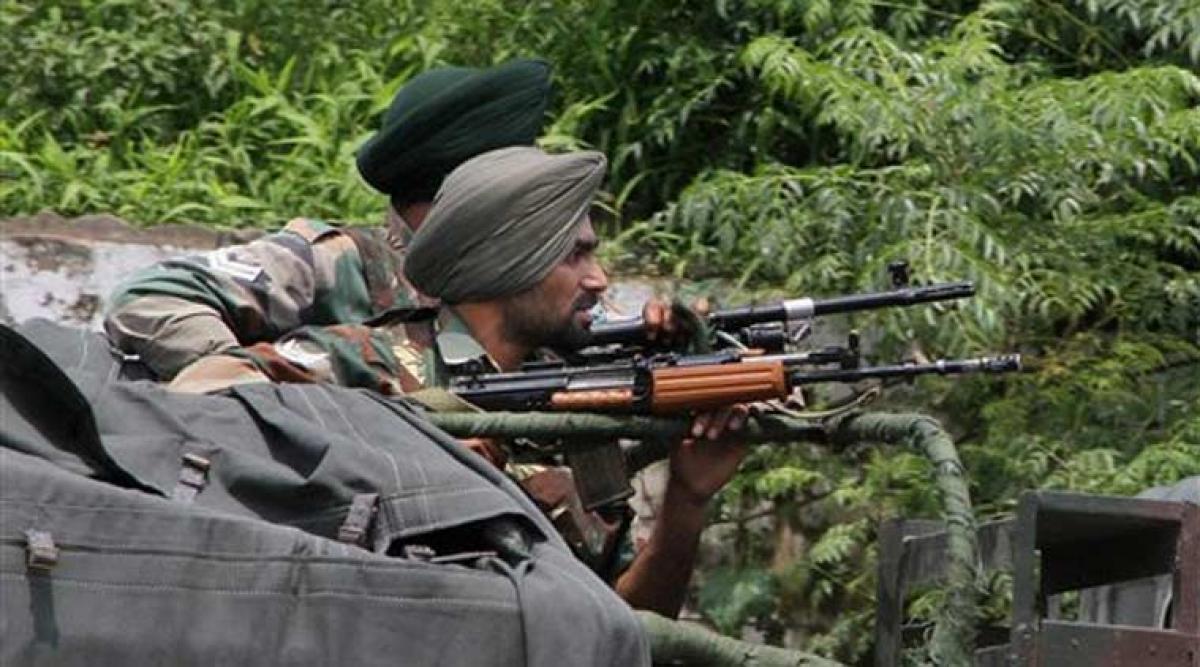
Too many developments are taking place, simultaneously, on the security front that India can scarcely ignore. The Gurdaspur attack has yielded dead bodies and numbing fear that militancy
Too many developments are taking place, simultaneously, on the security front that India can scarcely ignore. The Gurdaspur attack has yielded dead bodies and numbing fear that militancy may have returned to Punjab after long. An India-Pakistan dialogue that can get the adversarial neighbours to probe the roots of cross-border violence is a non-starter, yet again.
The resolve made at Ufa, Russia, evaporated within two days, before Gurdaspur happened. It has left behind jingoistic mutual blame-game and tired diplomatic posturing on the expected lines. Now we have the report of the self-styled Islamic State (IS) readying its plans, perhaps even putting them into action, to “attack India” and trigger what it calls an ‘Armageddon’ that will force the US to enter the fray in India’s support.
The “recruitment document” making this declaration has been found in – you guessed it right – Pakistan. USA Today newspaper that published some hazy details gives little by way of a clue for India’s security establishment to prepare or counter it. If one of the few options left is to seek American cooperation, the threat perceptions there are probably worse.
Washington has issued a worldwide travel caution for its citizens following “increased IS threat.” The advisory mentions that terrorist organisations like Pakistan-based Lashkar-e-Toyaba pose a major threat in India. Thank you. The question is: what’s new about it?
The reported elimination of Malik Ishaq, head of Lashkar-e-Janghvi, another banned outfit, again Pakistan-based, is another matter of worry. Analysts say the terror groups are likely to deepen the focus on India. The government’s talk-tough-act-tough policy has already been put under severe test after the Gurdaspur attack. Whether it will only “talk tough” when the National Security Advisors meet or also “act tough,” remains to be anxiously watched.
Amidst this depressing scenario comes the report of Mullah Omar, the elusive one-eyed Emir of the Afghan Taliban, being killed – not now but two or three years ago. But he has been declared killed at least three times before. If former US President George W Bush declared him dead in the euphoric aftermath of the invasion of Afghanistan and toppling of the Taliban regime, another former President, Gen Pervez Musharraf, had declared him dead to fob off the world community and to counter allegations that he was hiding in Pakistan. His denials notwithstanding, Al Qaida leader Osama bin Laden was caught and killed in Pakistan.
Afghan President Ashraf Ghani has not spoken about Omar. But his close aides have, leading to inescapable speculation that this may be a diversion from the ongoing ‘reconciliation’ talks at which Kabul is not making any headway, while Pakistan-backed Taliban are over-running vast swathes of Afghan territory.
South Asia has for long been the epicenter of terrorism. The prospects of a worse scenario revive another set of fears that the next World War, under any name, – and it matters little who triggers it, when and how – may be not in Europe or anywhere else, but in Asia.













